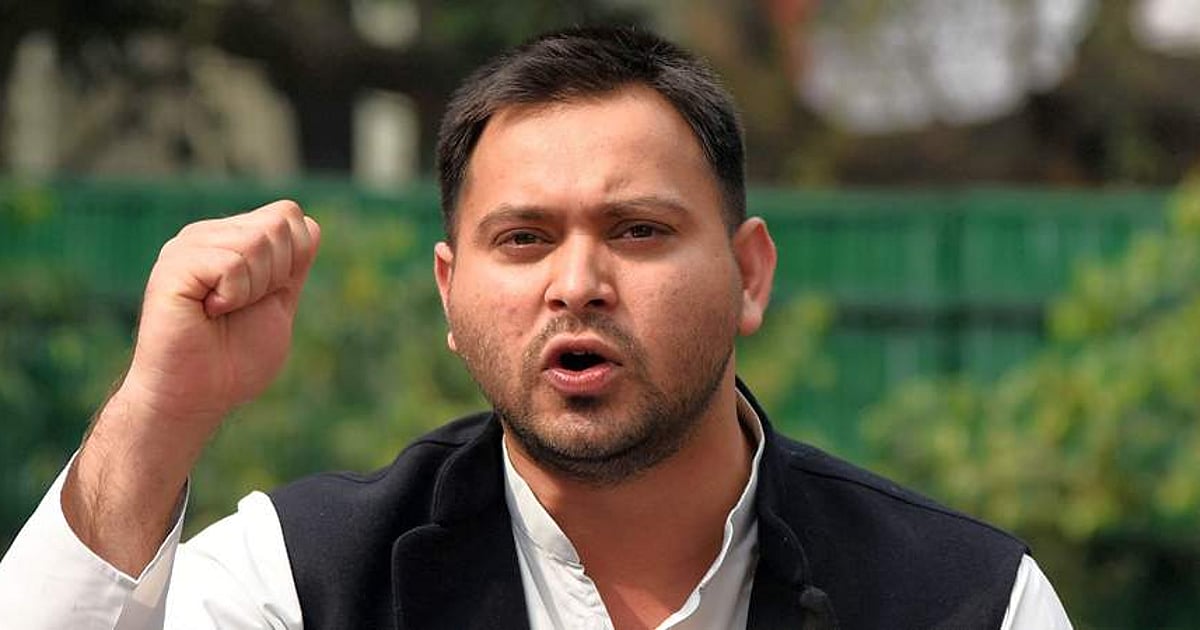 |
|
The political landscape of India is currently marked by a heated debate sparked by a statement made by RSS Chief Mohan Bhagwat. His assertion that India achieved true independence only after the construction of the Ram temple has ignited a firestorm of criticism, particularly from opposition parties. Among the most vocal critics is Tejashwi Prasad Yadav, former Bihar Deputy Chief Minister and leader of the Rashtriya Janata Dal (RJD), who has accused Bhagwat of insulting the countless freedom fighters who sacrificed their lives for the nation's independence. Yadav's strong condemnation underscores the deep divisions and contrasting interpretations of India's history and the ongoing political battles surrounding issues of nationalism and identity.
Yadav's criticism goes beyond simply disagreeing with Bhagwat's interpretation of Indian history. He frames Bhagwat's statement as a deliberate attempt to diminish the contributions of those who fought for India's independence from British rule. He points to the significant sacrifices made by countless individuals, including those from marginalized communities, who played a vital role in the struggle. By suggesting that true independence only arrived with the Ram temple's construction, Yadav argues, Bhagwat is effectively erasing the historical narrative and the sacrifices of these freedom fighters, replacing it with a more recent and arguably partisan narrative. This action, according to Yadav, is deeply disrespectful to the legacy of those who fought for the nation's freedom.
The controversy also highlights the broader political context in India. The construction of the Ram temple in Ayodhya is a highly sensitive and emotionally charged issue with significant religious and political implications. The RSS, a prominent Hindu nationalist organization, has been a strong advocate for the temple's construction, viewing it as a symbol of Hindu identity and national pride. Critics, however, see the temple as a divisive factor that potentially undermines India's secular values and threatens minority rights. Yadav's reaction, therefore, is not merely a personal attack but part of a broader political battle over the interpretation of history, national identity, and the role of religious symbols in shaping the political landscape.
Yadav's statement also alludes to broader concerns regarding social justice and inclusivity. By linking the supposed 'true independence' to the construction of the Ram temple, Yadav subtly suggests a connection between the Hindu nationalist agenda and the potential marginalization of Dalits and other backward classes. His rhetorical question about the ending of reservations for these communities indicates a concern that the narrative promoted by the RSS might serve to undermine the progress made in promoting social equality and justice in India. This adds another layer of complexity to the controversy, turning it into a debate not only about historical interpretation but also about contemporary socio-political issues and the future trajectory of India’s development.
The ongoing debate between Tejashwi Yadav and the RSS underscores the deep ideological cleavages in Indian society and highlights the intense political battles surrounding issues of nationalism, identity, and history. The differing interpretations of India's independence and the role of various historical events and figures in shaping the nation's identity continue to serve as a source of contention and will likely remain a key point of political discourse for years to come. The conflict also highlights the importance of open and inclusive discussions on historical narratives, ensuring that all voices and perspectives are heard and fairly represented in the shaping of national identity and historical understanding. The debate extends beyond mere political posturing, touching upon crucial aspects of social justice, inclusivity, and the preservation of diverse historical narratives within the Indian context.
